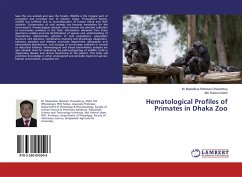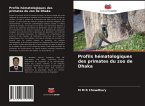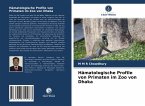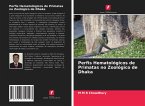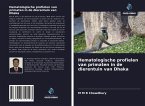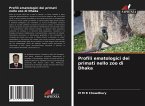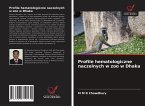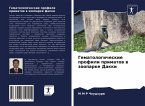Save the zoo animals and save the forests. Wildlife is the integral part of ecosystem and furnishes into its modern shape. Throughout history, wildlife has suffered due to inconsideration of human being and their activities. Conservation of wild animals has become mandatory for the environment. Primatological research often involves the selective collection of non-human primates in the field. Information obtained from these specimens enables accurate identification of species and understanding of evolutionary relationships, genetics of wild populations, population structure and dynamics, comparative anatomy and physiology, adaptation, behavior, parasites and diseases, economic importance, geographic and microhabitat distributions, and ecology of non-human primates in natural or disturbed habitats. Hematological and blood biochemistry analyses are also valuable tools for evaluating the patho-physiology of wildlife, both in diagnosing disease and clinical monitoring of the patient.This study will promotes knowledge in other endangered economically important species, habitat conservation, ecosystem etc.

